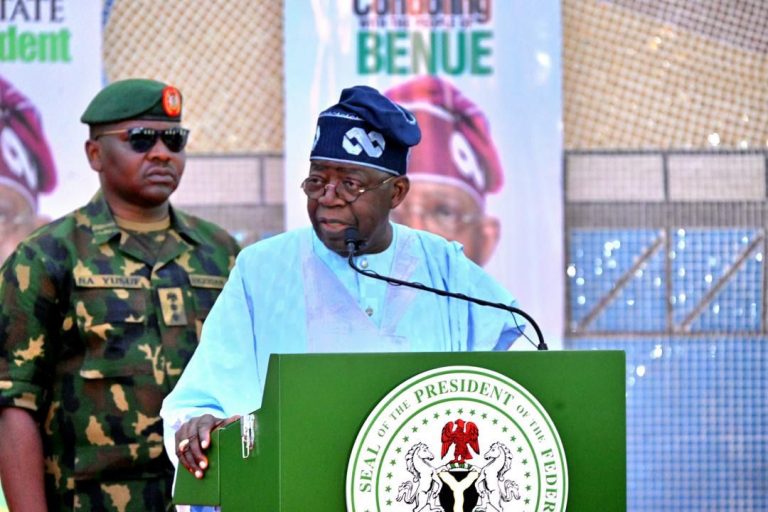In what has been described as a landmark move in the history of Nigeria’s paramilitary institutions, President Bola Ahmed Tinubu has approved a policy that guarantees lifetime salaries for senior officers upon retirement.
The announcement was made by the Minister of Interior, Dr. Olubunmi Tunji-Ojo, during the 2025 Ministerial Retreat held on Thursday, where he reeled out the achievements of his ministry and highlighted ongoing reforms to reposition its agencies.
According to the minister, the new policy specifically covers officers retiring from the rank of Deputy Controller, Comptroller, or Commandant-General and above, ensuring that those who have reached the peak of their careers are rewarded with financial security after years of service.
“This is not just about compensation,” Dr. Tunji-Ojo emphasized, “it is about dignity, about recognizing the sacrifices made by our officers, and about ensuring that their future is secured even after active duty.”
The decision, which has already been hailed as a morale booster, underscores the Tinubu administration’s pledge to prioritize welfare as a central pillar of its Renewed Hope Agenda. For many within the security and paramilitary ranks, this policy represents a long-awaited acknowledgment of their contribution to national stability.
A statement issued by the National Public Relations Officer and Head of Corporate Services of the Federal Fire Service, Deputy Controller of Fire PO Abraham, further reinforced the significance of the move. The statement described it as “a groundbreaking gesture that redefines how Nigeria rewards loyalty and service.”
Observers note that Nigeria’s paramilitary services, including the Nigeria Immigration Service, Nigeria Security and Civil Defence Corps, Federal Fire Service, and the Nigerian Correctional Service, have long grappled with challenges of low morale, underfunding, and attrition. The new policy, many believe, could serve as a turning point.
Security analysts suggest that by guaranteeing financial stability after retirement, the government has created a safeguard that may reduce corruption and enhance accountability, as officers will no longer feel compelled to secure their future through unethical means while in service.
Retired senior officers, too, are beginning to express optimism. Some see this as the government’s way of correcting decades of neglect and restoring trust between the state and its officers who often put their lives on the line.
Beyond welfare, the minister highlighted that this policy is part of broader reforms aimed at strengthening institutional performance, capacity building, and efficiency across all agencies under the ministry’s supervision.
Dr. Tunji-Ojo explained that the ministry is working tirelessly to ensure that both serving and retired officers feel valued, respected, and adequately motivated to give their best to the nation. “When you take care of people, they take care of the system,” he noted.
Stakeholders across the security sector have lauded the initiative. For many, it reflects President Tinubu’s deeper understanding of the sacrifices made by paramilitary officers who often operate in difficult and dangerous conditions without the kind of recognition accorded to other uniformed services.
Civil society groups have also weighed in, describing the move as a progressive welfare intervention that, if managed properly, could inspire other arms of the public service to adopt similar models.
For a government seeking to rebuild trust and drive reform across critical institutions, the lifetime salary scheme stands out as a bold step in institutionalizing welfare and loyalty in service.
As the applause continues to echo across the security and paramilitary agencies, one thing is clear: the Tinubu administration has set a precedent that may redefine how Nigeria treats those who dedicate their lives to national service.





